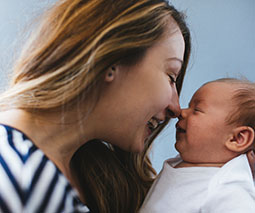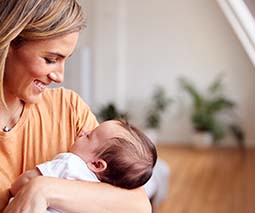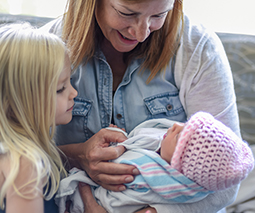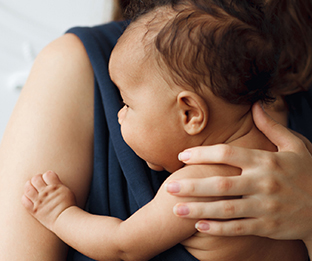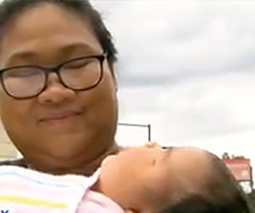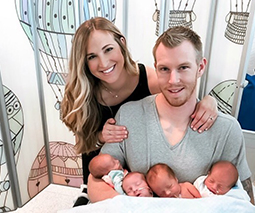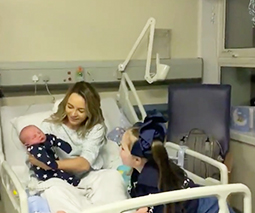Six meals a day, yoga AND cheesecake at China’s ‘sitting centres’ for new mums
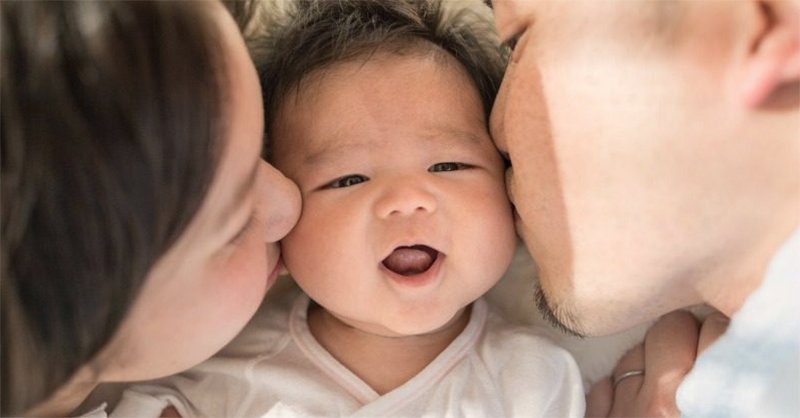
While social media seems to be urging mums to “bounce back” and get back on their feet sooner and sooner postpartum, not everybody is keen on this speedy return to form.
Sitting the month
A recent post reminding us that women need to be allowed to slow down and heal postpartum went viral, and while it was seen as a wake-up call for many, it’s something that many cultures have been living by for centuries.
Take the Chinese for instance. Australia could learn a lot from their sensible attitude to postpartum recovery – especially their practice of “sitting in”. This tradition dictates that new mums are confined to their home for one month after they give birth.
“‘Sitting the month,’ or zuo yuezi, is deeply embedded in Chinese culture. It was even mentioned in the 2,000-year-old Book of Changes, or I-ching,” NPR reports.
Bringing good things to baby
Thought to originate around 200 BC, Elizabeth Hui-Choi – a lecturer at Hong Kong University’s School of Nursing – says this month was intended as an investment in the family’s future.
“They believed that treating the mother well would also bring good things to the baby, and it is still believed to be that way.”
Read more about birth:
- Blood test may soon predict accurate due dates AND the risk of premature birth
- The surprising way your voice changes after giving birth
- Instagram and Facebook update policies to allow photos of uncensored birth
During “sitting the month” new mums must stay inside, get plenty of rest, keep warm and dry, eat warm foods (no raw foods allowed!) and drink warm drinks (but no coffee!) Some mums may choose not to bathe, wash their hair or even brush their teeth, believing it’s not good for their recovery.
The aim of this practice is to restore the mother to good health, promote healing and nurture breast milk production. Basically it’s bringing all the brilliant things to mum and bub.
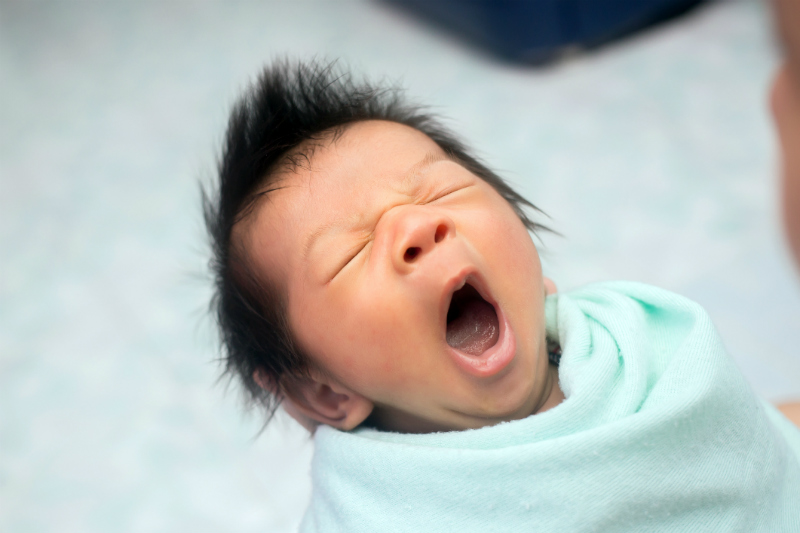
Cheesecake, care and support on tap
While traditionally this confinement period was undertaken at home, in the care of family members, “sitting centres” have sprung up to offer Chinese mums a more five-star version of this ancient postpartum ritual – and outsource their care to experts.
“We prefer to find a professional facility to take care of our baby. We have no experience in taking care of the baby or ourselves after birth,” first-time mum Yu Xueting told the AFP news service. “If we do it at home (take care of the baby), then the whole family can’t sleep well. I can take maternity leave, but my husband needs to go to work.”
She’s checked in to the private Lake Malaren International Postpartum Care Center, where daily yoga classes; an on-tap massage centre; and cheesecake and pastries are all part of the service. For a fee of around $11,000 a month, new mums can spend their “sitting month” being cared for and learning how to care for their baby.
“Mother and son are accompanied at all times by a nanny who sleeps in the same room,” AFP reports of Lake Malaren. There are also nurses, cooks, photographers, specialists on hand, and dads are welcome to stay too. #SignUsUp!
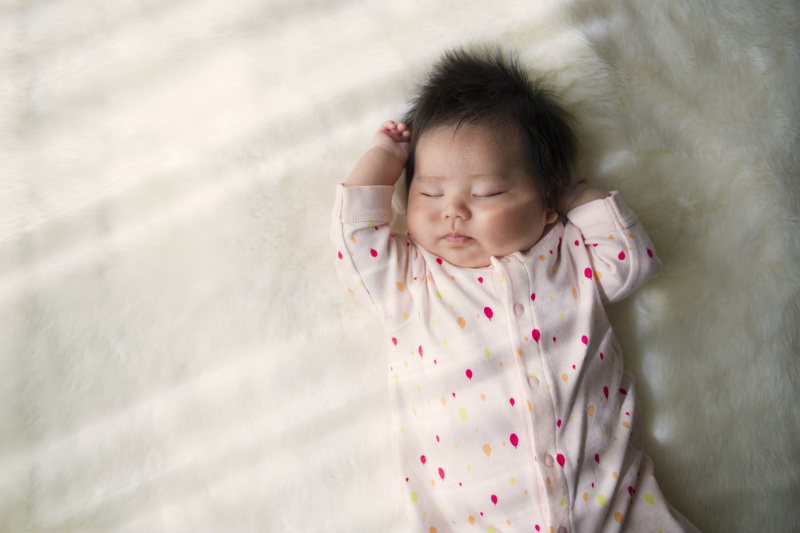
Six meals a day!
New mum Xu Jingfang is also at the Lake Malaren facility and says she’s loving every minute of it.
“It’s much easier,” she admits. “Here, you’ve got 24-hour care for the baby and someone to cook for you six meals a day.” She’s decided to hire a nanny to support her when she finally heads home.
There are now around 4000 centres like this in China, with demand increasing after China abandoned the ‘one child policy’ in 2015.
While these centres are out of reach financially for many families, wouldn’t it be great if a fraction of this level of care was afforded to EVERY new mum?
